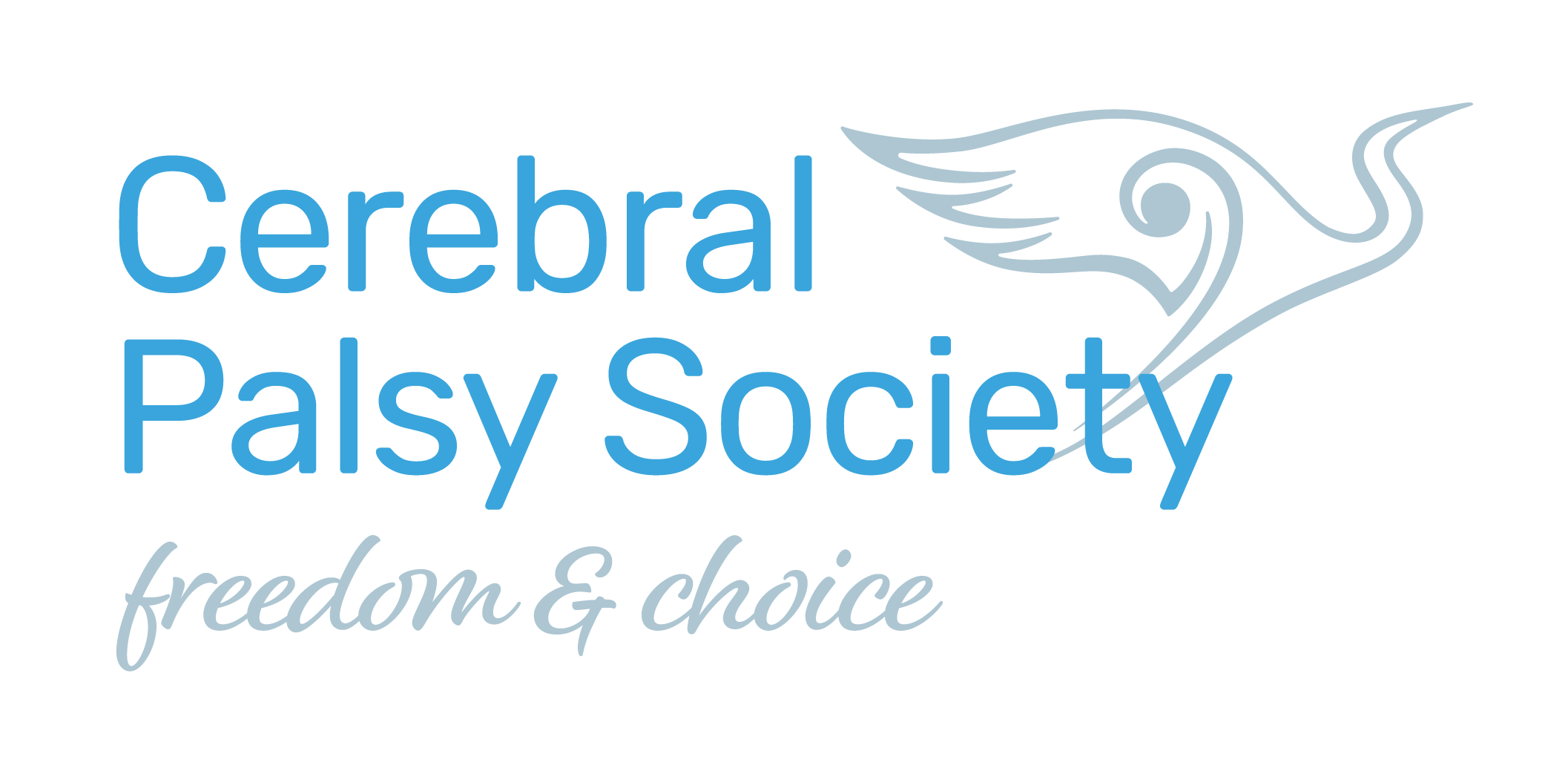NEWS & UPDATES
Private fundraising for Cerebral Palsy-related needs
31 Mar 2025

Cerebral Palsy – Hōkai Nukurangi often comes with additional out-of-pocket expenses for things such as therapy equipment and adaptive clothing.
Some people submit funding applications to their local Lions or Rotary clubs, or the Lottery Grants Board, Jubilee Trust, or apply for a Cerebral Palsy Society Individual Grant to help them raise funds, especially when it comes to costly specialised items or services.
Writing a funding application can sometimes feel overwhelming – especially when you’re on a tight deadline or juggling multiple responsibilities.
Here are a few tips to help make the fundraising application process a little easier:
- Call the funder first
It can be a good idea to reach out to the funder before applying. A quick conversation can help clarify whether your request fits their funding scope and may provide you with useful insights and tips. - Avoid using jargon or acronyms
If you need to use jargon or acronyms, like GMFCS (Gross Motor Function Classification System), in your application make sure to explain them clearly for the reader. - Check your formatting
Make sure your application is easy to read: Use a clear font (at least size 12), avoid italics or fancy fonts, and maintain consistency throughout the document. Bullet points can also help highlight key information. - Include photos (when relevant)
If possible, include photos to help bring your story to life – this can be especially effective in a cover letter. Photos can add a personal touch and make your application more engaging.

Steps for a strong funding application
- Double-check eligibility criteria
Always carefully review the eligibility requirements. The fine print isn’t always obvious, so take time to ensure you meet all the criteria before you start your application. Additionally, be sure to stay up to date with any changes to the requirements by keeping an eye on their website or getting yourself on to their mailing list. - Understand the funder’s goals
Before applying, research the funder’s interests. Some may have preferences for certain products or services that align with their philanthropic goals. This can increase your chances of success, so make sure your request fits within their focus. - Tell a story
Treat the funding application as an opportunity to tell a compelling story. Explain how receiving the funding will allow you or your child to achieve something meaningful. Focus on the positive impact the funding will have. - Be concise and relevant
Keep your application concise and on point. Only discuss your experiences with Cerebral Palsy – Hokai Nukurangi as they relate directly to the need for the equipment or service you’re requesting. Avoid long-winded explanations.
- Get multiple quotes
When possible, gather quotes from different suppliers or service providers. Comparing prices and services can help ensure you’re getting the best deal, which strengthens your application. - Plan ahead
Filling out applications and gathering supporting documents can take time, so don’t leave it to the last minute. Gather quotes, letters of support, and other paperwork early to make the process smoother. - Track application deadlines
If you’re applying to multiple charities or organisations, keep track of their specific deadlines and requirements. Staying organised will help you meet deadlines and avoid missing out. - Keep a funding wish list
Maintain a document listing potential items or services you may need funding for in the future. This way, when you come across trusts or organisations with irregular application dates, you’ll be prepared. - Letters of support
Some funding applications ask for letters of support/reference letters. You can ask family members, teachers, colleagues, physiotherapists etc to provide these. You can also get in touch with the Cerebral Palsy Society – our Member Support team will be happy to provide a letter.
The letters need to support your application by stating how you know each other, and outlining what it is you are asking for and how it will benefit your life.
It’s important to remember that there are a lot of people applying for funding, which means it is inevitable that some of your applications will be declined. Don’t give up. Patience and persistence are key to raising money through funding applications.
Good luck!
Examples of trusts and foundations to apply to
Public Trust
https://www.publictrust.co.nz/grants?query=&type=individual
You can search specifically for individual funding.
Perpetual Guardian
https://www.perpetualguardian.co.nz/philanthropy/grant-seekers/grants-open-upcoming/
Many grants are suitable for individuals.
Variety
https://www.variety.org.nz/get-support/apply-for-ig
For children aged 0-18.
Lottery Individuals with Disabilities
https://www.communitymatters.govt.nz/lottery-individuals-with-disabilities


